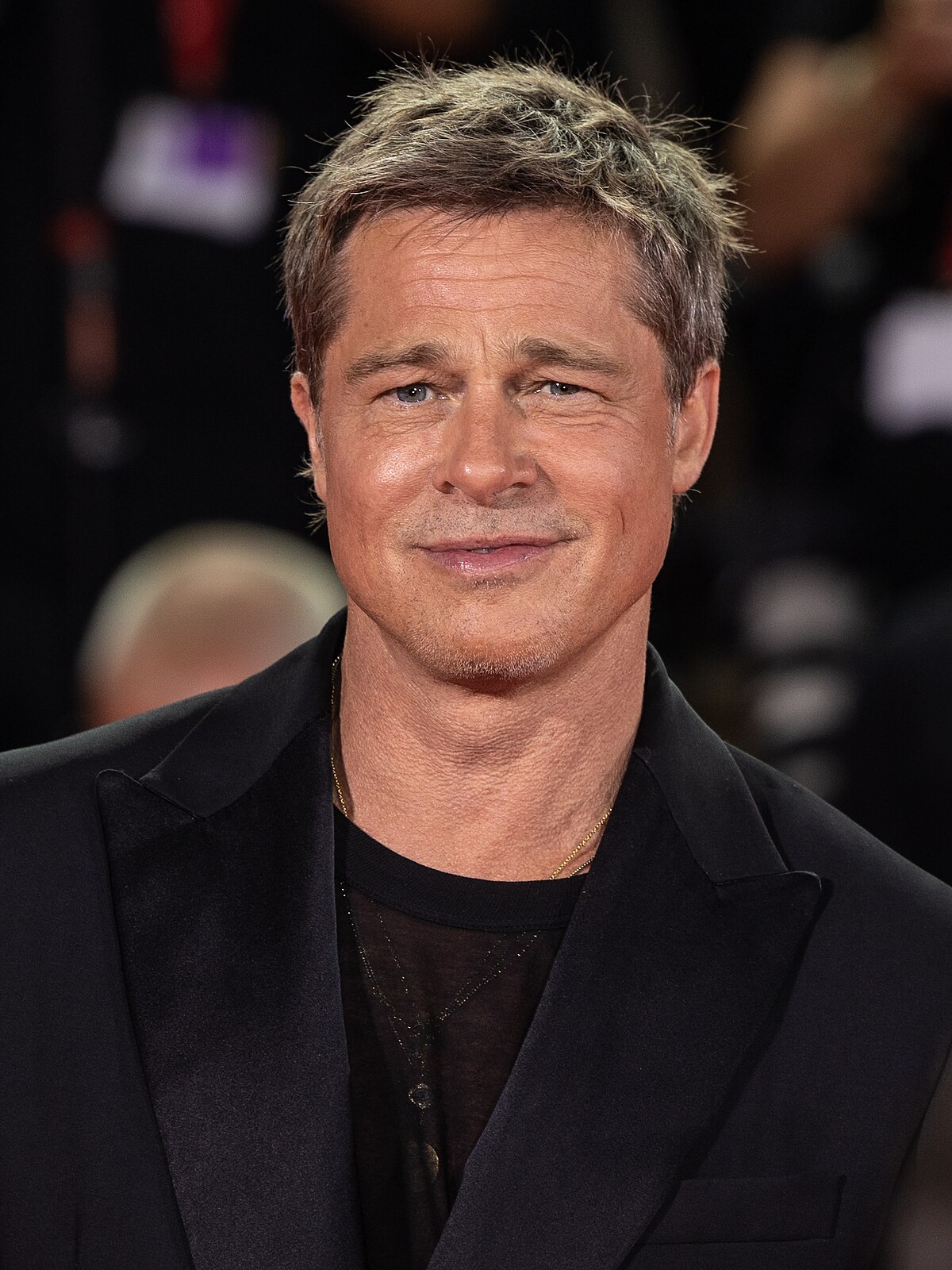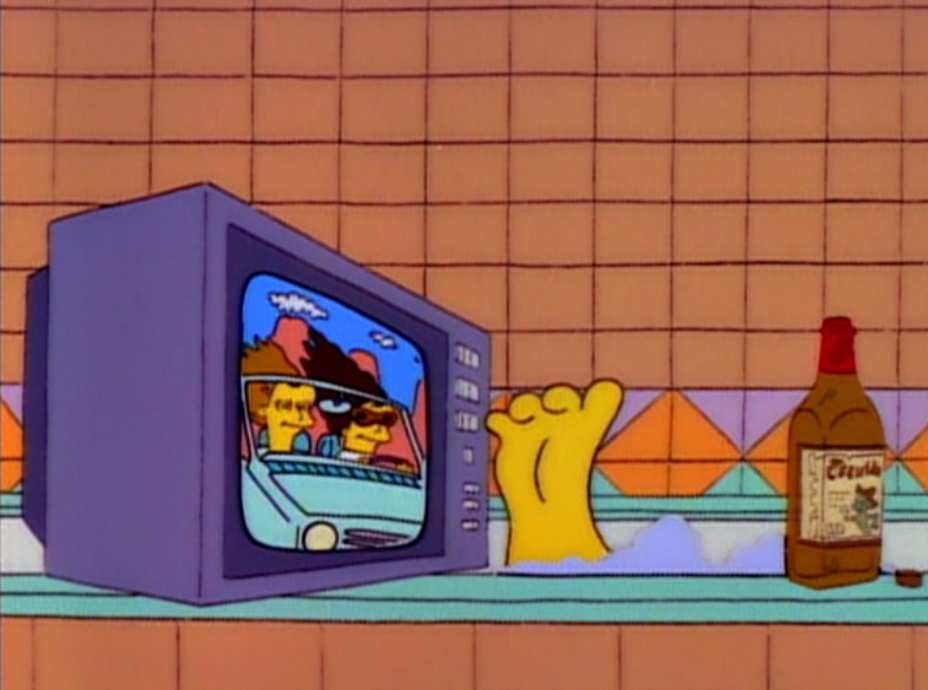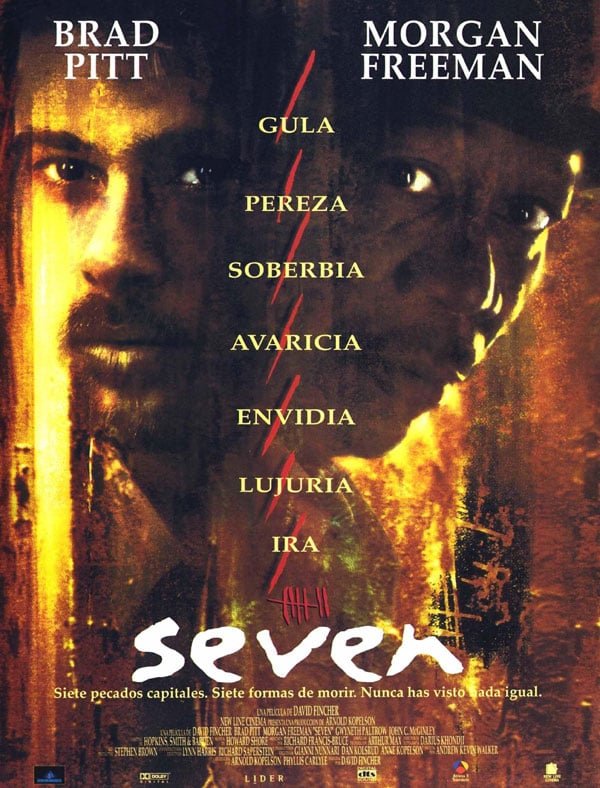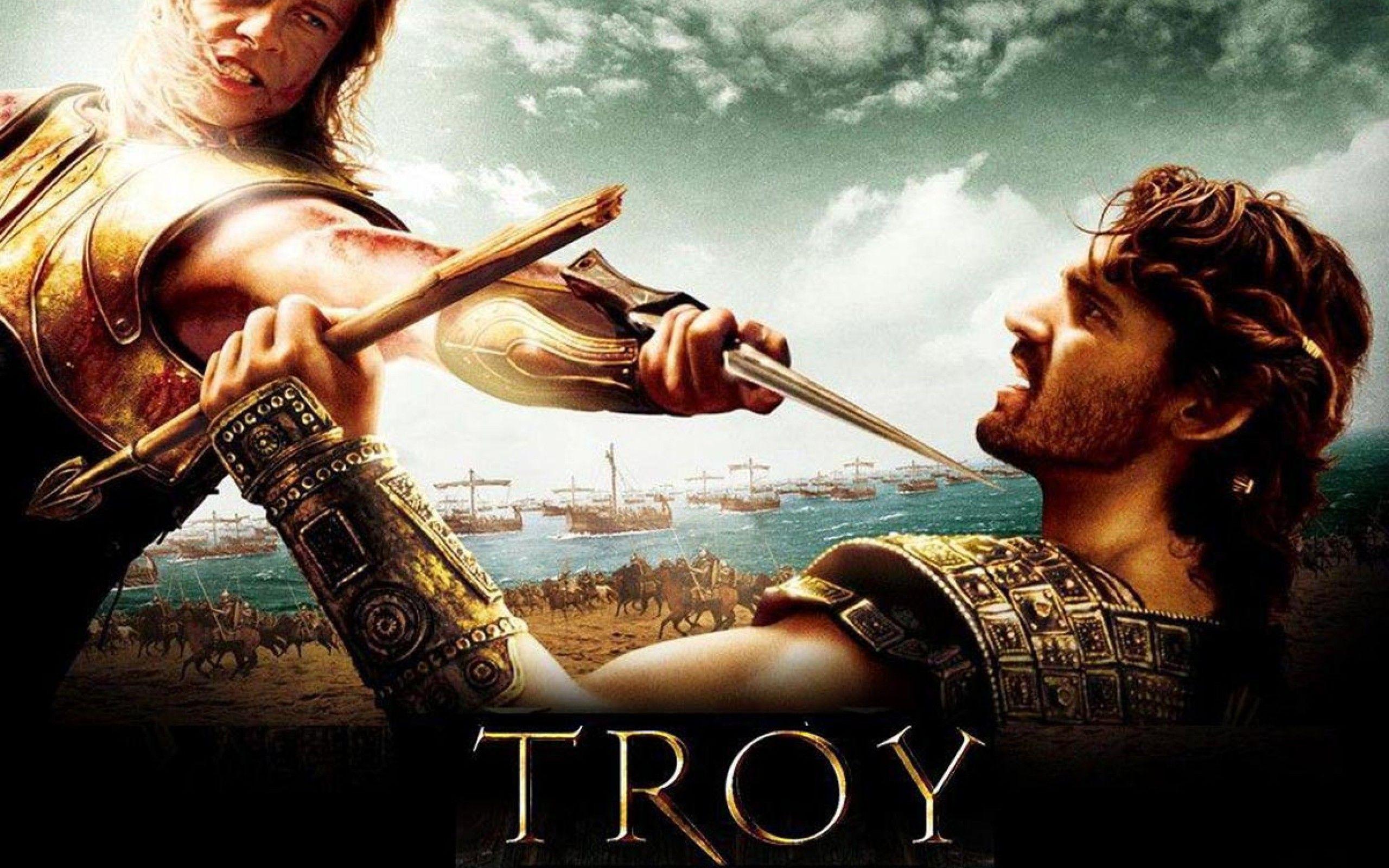
In the constellation of Hollywood’s most luminous stars, William Bradley Pitt, known simply as Brad Pitt, shines with an unmatched brilliance. His career, spanning more than three decades, is not merely a collection of film credits but a rich tapestry woven with captivating performances, strategic career choices, and an undeniable charisma that has captivated audiences worldwide. From his early days as a compelling supporting actor to his ascent as a leading man and an Academy Award-winning producer, Pitt has consistently redefined what it means to be a cinematic icon.
His journey through the annals of film is a testament to his versatility and his unwavering commitment to his craft. Each role, whether a brooding vampire or a charming criminal, has been infused with a unique blend of intensity and nuance, leaving an indelible mark on both critics and moviegoers alike. This dedication, coupled with an innate ability to connect with diverse characters, has earned him a plethora of accolades, including two Academy Awards, two British Academy Film Awards, two Golden Globe Awards, and two Primetime Emmy Awards.
Join us as we embark on an exclusive retrospective, celebrating the remarkable lineup of roles and pivotal career milestones that have forged Brad Pitt’s enduring legacy. We delve into the moments that not only propelled him to stardom but also showcased his profound impact on contemporary cinema, revealing the depth behind the dazzling persona and the meticulous artistry that defines his illustrious career.

1. **Thelma & Louise (1991): The Unforgettable Introduction**
Before he became a household name, Brad Pitt burst onto the scene in a role that would instantly carve his image into the public consciousness. In Ridley Scott’s 1991 road film, *Thelma & Louise*, Pitt took on the supporting character of J.D., a charismatic, small-time criminal whose encounter with Geena Davis’s Thelma proves to be both pivotal and electrifying. This performance marked a significant turning point, attracting the wider recognition that had eluded him through years of varied supporting roles and frequent television appearances.
It was a specific moment, a now-legendary love scene with Davis, that irrevocably cemented Pitt’s status. Cited by many as the event that defined him as a sex symbol, this sequence showcased a raw, magnetic appeal that resonated deeply with audiences. His portrayal of J.D. was more than just a supporting turn; it was an introduction to a star in the making, hinting at the powerful presence that would soon dominate the silver screen.
The film itself was a critical success, and while the focus was largely on the titular characters, Pitt’s contribution was undeniable. His brief yet impactful presence left critics and viewers eager for more, a clear signal that a new, compelling talent had arrived. This early role was a crucial launchpad, transforming a promising actor into an emergent force within Hollywood, ready to tackle bigger and more complex characters.
2. **A River Runs Through It (1992): Proving His Mettle**
Following the buzz generated by *Thelma & Louise*, Brad Pitt chose a role that challenged perceptions and showcased his dramatic depth. In Robert Redford’s 1992 biographical film, *A River Runs Through It*, Pitt portrayed Paul Maclean, a spirited and ultimately tragic figure whose life unfolds against the breathtaking backdrop of Montana. This performance was widely regarded as a career-making moment, proving conclusively that Pitt was far more than just a “cowboy-hatted hunk” with a charming smile.
His portrayal of Paul Maclean was nuanced and deeply felt, demonstrating an ability to convey internal struggles and complex emotions. It was a testament to his burgeoning artistry, moving him beyond superficial roles and into the realm of serious dramatic acting. The film itself, lauded for its stunning cinematography and poignant storytelling, offered Pitt the canvas to display a richer, more profound aspect of his talent, solidifying his position as a credible leading man.
Interestingly, Pitt himself admitted to feeling immense pressure during the making of the film, even describing it as one of his “weakest performances.” Yet, he acknowledged the invaluable experience of working with such a talented cast and crew, notably comparing the experience with director Robert Redford to playing tennis with a superior player, where “when you play with somebody better than you, your game gets better.” This humility, even amidst widespread critical acclaim for the role, offers a fascinating glimpse into his dedication to continuous improvement and his respect for the collaborative process of filmmaking.

3. **Kalifornia (1993): Embracing the Darker Side**
Continuing his trajectory of diverse and challenging roles, Brad Pitt reunited with his *Too Young to Die?* co-star Juliette Lewis for the 1993 road film *Kalifornia*. In this darker, more unsettling picture, Pitt fearlessly stepped into the shoes of Early Grayce, a chilling serial killer and the abusive husband of Lewis’s character. This performance was a stark departure from his more romantic or heroic portrayals, demonstrating a fearless willingness to explore the depths of human depravity on screen.
Critics were quick to praise Pitt’s captivating and disturbing performance. Peter Travers of *Rolling Stone* lauded his portrayal as “outstanding, all boyish charm and then a snort that exudes pure menace.” This observation perfectly captured the unsettling duality Pitt brought to the character, effortlessly transitioning between a seemingly innocent facade and an underlying, palpable threat. It was a nuanced display of acting, highlighting his capacity for embodying truly complex and morally ambiguous individuals.
*Kalifornia* showcased Pitt’s versatility and his refusal to be typecast, even early in his career. By taking on such a sinister role, he proved that his talents extended far beyond his leading-man looks, establishing himself as an actor capable of delivering performances that were both engaging and deeply unnerving. This film marked another crucial step in his evolution, demonstrating his artistic courage and commitment to challenging material.
4. **Interview with the Vampire (1994): A Gothic Endeavor**
In 1994, Brad Pitt ventured into the realm of gothic horror with *Interview with the Vampire: The Vampire Chronicles*, an adaptation of Anne Rice’s renowned 1976 novel. Here, he portrayed Louis de Pointe du Lac, an immortal vampire grappling with eternal torment and existential despair. Pitt was part of an impressive ensemble cast that included Hollywood heavyweights like Tom Cruise, Kirsten Dunst, Christian Slater, and Antonio Banderas, marking a high-profile turn in a genre film.
Despite the film’s significant box office success and its two MTV Movie Awards wins, Pitt’s performance as Louis received a mixed critical reception. Some reviewers found his portrayal lacking the profound inner turmoil the character required. The *Dallas Observer*, for instance, remarked, “Brad Pitt […] is a large part of the problem [in the film]. When directors play up his cocky, hunkish, folksy side […] he’s a joy to watch. But there’s nothing about him that suggests inner torment or even self-awareness, which makes him a boring Louis.”
However, even with these critiques, the role was undeniably a prominent one in his career’s breakthrough period. It demonstrated his ability to hold his own within a star-studded cast and tackle characters of literary origin. While not universally praised, *Interview with the Vampire* contributed to his growing visibility and underscored his eagerness to engage with diverse and ambitious cinematic projects, further expanding his range as an actor.

5. **Seven (1995): A Dark Masterpiece of Suspense**
The mid-1990s saw Brad Pitt deliver a truly defining performance in the chilling crime thriller *Seven*, directed by David Fincher. Co-starring alongside luminaries such as Morgan Freeman, Gwyneth Paltrow, and Kevin Spacey, Pitt played a detective relentlessly pursuing a serial killer whose horrific crimes are based on the Seven Deadly Sins. This film was a stark, visceral experience that profoundly impacted both audiences and Pitt’s career trajectory.
Pitt himself recognized the significance of this role, calling *Seven* a “great movie” and stating his belief that the part would expand his acting horizons. He openly expressed his desire to evolve beyond “this ‘pretty boy’ thing […] and play someone with flaws,” a sentiment that truly manifested in his portrayal of the young, impetuous Detective David Mills. The film allowed him to shed previous archetypes and embrace a character with tangible vulnerabilities and raw intensity.
His performance in *Seven* was critically acclaimed, hailed as “screen acting at its best.” *Variety* praised his ability to deliver a “determined, energetic, creditable job” as the detective, showcasing a grit and commitment that resonated deeply. The film’s immense commercial success, earning $327 million at the international box office, solidified Pitt’s position as a serious and bankable dramatic actor, capable of anchoring a complex, high-stakes narrative with profound conviction.
6. **12 Monkeys (1995): A Golden Globe and Oscar Nomination**
Following the critical and commercial triumph of *Seven*, Brad Pitt delivered another electrifying performance in Terry Gilliam’s 1995 science fiction film, *12 Monkeys*. In this complex and dystopian narrative, Pitt portrayed the psychotic anarchist Jeffrey Goines, a role that demanded an intensely physical and mentally unhinged portrayal. The film, which garnered predominantly positive reviews, saw Pitt singled out for exceptional praise, highlighting his incredible range.
Critics were mesmerized by his portrayal, particularly his ability to infuse the character with a frenetic energy that was both disturbing and captivating. Janet Maslin of *The New York Times* lauded *Twelve Monkeys* as “fierce and disturbing” and specifically remarked on Pitt’s “startlingly frenzied performance,” concluding that he “electrifies Jeffrey with a weird magnetism that becomes important later in the film.” His commitment to the role, transforming himself physically and emotionally, was undeniable.
This outstanding performance earned Pitt significant industry recognition, marking a pivotal moment in his career. He won a Golden Globe Award for Best Supporting Actor for the film, a prestigious honor that underscored his critical acclaim. Furthermore, *12 Monkeys* brought him his very first Academy Award nomination for Best Supporting Actor, unequivocally cementing his status as one of Hollywood’s most compelling and respected talents. It was a clear demonstration of his ability to elevate even the most eccentric characters into unforgettable cinematic experiences.
7. **Fight Club (1999): The Unforgettable Tyler Durden**
The turn of the millennium brought Brad Pitt one of his most iconic and enduring roles: Tyler Durden in David Fincher’s 1999 film adaptation of Chuck Palahniuk’s novel, *Fight Club*. This cult classic, controversial yet deeply influential, saw Pitt embody a character that became a cultural phenomenon, a rebellious and philosophical soap salesman challenging the conventions of modern consumerism. His portrayal of Durden was nothing short of transformative.
Pitt’s dedication to the role was meticulous and immersive. He undertook extensive training in boxing, taekwondo, and grappling to authentically portray the character’s physical prowess. In a testament to his commitment, Pitt even consented to the removal of pieces of his front teeth, which were restored only after filming concluded, all to achieve the raw, visceral look of Tyler Durden. While promoting the film, Pitt described its core theme as exploring the idea of “not taking one’s aggressions out on someone else but to ‘have an experience, take a punch more and see how you come out on the other end.'”
*Fight Club* premiered at the 1999 Venice International Film Festival and, despite initially divided critical opinion on the film as a whole, Pitt’s performance was almost universally lauded. Paul Clinton of CNN highlighted the film’s risky yet ultimately successful nature, while *Variety* remarked upon Pitt’s ability to be “cool, charismatic and more dynamically physical, perhaps than […] his breakthrough role in Thelma and Louise.” Though its initial box office performance was modest, *Fight Club* found its true calling as a cult classic after its DVD release in 2000, largely thanks to Pitt’s unforgettable, anarchic portrayal.
As the new millennium dawned, Brad Pitt didn’t just maintain his status; he amplified it, embarking on a remarkable journey that would see him conquer blockbuster franchises, deliver unforgettable performances in critically acclaimed dramas, and ultimately claim the industry’s highest accolades. Having established himself as both a magnetic leading man and a serious dramatic actor in the 1990s, Pitt strategically leveraged his immense appeal to explore an even broader spectrum of roles, solidifying his place as a true cinematic titan whose relevance has only grown with time. His career trajectory post-1999 is a masterclass in sustained excellence, showcasing a multifaceted talent continually pushing boundaries and leaving an indelible mark on Hollywood.

8. **Snatch (2000): Embracing Black Comedy**
After captivating audiences with the anarchic spirit of Tyler Durden, Brad Pitt plunged headfirst into the irreverent world of Guy Ritchie’s 2000 gangster film, *Snatch*. In a bold departure, Pitt took on the role of an Irish Traveller boxer, Mickey O’Neil, whose accent was so thick it was famously “barely intelligible.” This portrayal showcased a fascinating new dimension to his acting repertoire, proving his willingness to lean into the outrageous and embrace characters that challenged conventional leading-man expectations.
Critics, while divided on the film itself, were almost universally charmed by Pitt’s performance. Mick LaSalle of *The San Francisco Chronicle* perfectly captured the sentiment, noting Pitt was “ideally cast as an Irishman whose accent is so thick even Brits can’t understand him.” LaSalle further observed that Pitt, previously “shackled by roles that called for brooding introspection,” had now “found his calling in black comic outrageousness and flashy extroversion.” This was a pivotal moment where Pitt truly started to experiment with his comedic timing, delivering a character that was both hilarious and memorable.
Indeed, Amy Taubin of *The Village Voice* succinctly stated that “Pitt gets maximum comic mileage out of a one-joke role.” It was a role that played against type, yet allowed him to shine with a kinetic energy and a commitment to the absurd that resonated deeply with audiences. *Snatch* might not have been a dramatic tour de force, but it certainly cemented Pitt’s reputation for fearless versatility and his undeniable ability to steal any scene, even with dialogue that required subtitles.
9. **Ocean’s Eleven (2001): The Heist Mastermind**
The new millennium truly kicked off a new era for Brad Pitt, marked by his starring role as Rusty Ryan in Steven Soderbergh’s slick 2001 heist film, *Ocean’s Eleven*. This sophisticated remake of the 1960 Rat Pack classic saw Pitt join an unprecedented ensemble cast that included Hollywood heavyweights like George Clooney, Matt Damon, Andy García, and Julia Roberts. His portrayal of Rusty, the effortlessly cool and impeccably dressed right-hand man to Danny Ocean (Clooney), cemented his status not just as a leading man, but as a central figure in a burgeoning blockbuster franchise.
The film itself was a critical darling and a massive commercial success, raking in an impressive $450 million worldwide. Pitt’s performance was integral to this triumph, showcasing his unique ability to blend charm, intelligence, and understated humor. His effortless banter and undeniable chemistry with George Clooney became a highlight, earning praise from CNN’s Paul Clinton who described their dynamic as “the best male chemistry since Paul Newman and Robert Redford.” This comparison was high praise, solidifying their on-screen partnership as one of Hollywood’s most compelling.
*Ocean’s Eleven* wasn’t just a hit movie; it was a cultural touchstone that launched a highly successful trilogy, with Pitt reprising his role in *Ocean’s Twelve* (2004) and *Ocean’s Thirteen* (2007). These films allowed him to showcase a different kind of star power, one built on sophisticated cool and seamless collaboration within a star-studded cast. The franchise became synonymous with glamour and effortless entertainment, further cementing Pitt’s global recognition and his capacity to drive major cinematic events.

10. **Troy (2004): A Hero of Epic Proportions**
Brad Pitt embraced the full grandeur of a historical epic in Wolfgang Petersen’s 2004 film *Troy*, where he took on the legendary role of Achilles. Based on Homer’s *Iliad*, this ambitious production demanded not only immense physical prowess but also a commanding screen presence to embody one of history’s most formidable warriors. Pitt dedicated six months to intense sword training, a testament to his unwavering commitment to fully inhabit such a physically demanding character, even suffering an Achilles tendon injury on set which delayed production for weeks.
His portrayal of Achilles was more than just a physical spectacle; it was an exploration of a complex hero torn between glory and mortality. Stephen Hunter of *The Washington Post* lauded Pitt, stating that he “excelled at such a demanding role,” recognizing the depth he brought to the character. The film, a significant commercial success, marked a pivotal moment for Pitt as it was the very first film produced by Plan B Entertainment, the production company he had co-founded two years prior with Jennifer Aniston and Brad Grey.
*Troy* underscored Pitt’s ability to anchor large-scale productions, demonstrating his drawing power on a global stage. It wasn’t just about the box office numbers; it was about his transformation into an iconic figure, proving his capability to blend action heroics with dramatic weight. This role further diversified his filmography, showcasing that he could convincingly lead both contemporary ensemble pieces and grand historical sagas, truly embodying a worldwide recognition that few actors achieve.
11. **Mr. & Mrs. Smith (2005): Global Box Office Sensation**
In 2005, Brad Pitt starred in the Doug Liman-directed action comedy *Mr. & Mrs. Smith*, a film that would not only become one of the biggest hits of the year but also a cultural phenomenon. Pitt played John Smith, a seemingly bored married man who, along with his wife Jane (Angelina Jolie), discovers they are both assassins working for competing agencies. The premise was ripe for explosive action and witty banter, and the film delivered on both counts, propelled by the undeniable, almost “thermonuclear” chemistry between Pitt and Jolie.
The movie, while receiving “reasonable reviews” for its storyline, was largely celebrated for the magnetic dynamic between its two leads. *The Star Tribune* aptly noted that “while the story feels haphazard, the movie gets by on gregarious charm, galloping energy and the stars’ thermonuclear screen chemistry.” This explosive on-screen connection translated directly into box office triumph, with *Mr. & Mrs. Smith* earning a staggering $478 million worldwide, solidifying its place as a quintessential blockbuster and a benchmark for action-romance films.
Beyond its commercial success, *Mr. & Mrs. Smith* became a significant moment in pop culture, largely due to the intense media attention surrounding Pitt and Jolie’s burgeoning relationship, dubbed “Brangelina.” The film inadvertently became the backdrop for one of Hollywood’s most talked-about romances, showcasing Pitt’s unprecedented level of celebrity and his ability to transcend mere acting to become a global icon. It perfectly encapsulated his “worldwide recognition” and the powerful blend of his acting talent with his undeniable star power.
12. **The Curious Case of Benjamin Button (2008): Aging in Reverse, Acclaim in Motion**
Towards the close of the 2000s, Brad Pitt re-teamed with director David Fincher for the ambitious 2008 fantasy romance *The Curious Case of Benjamin Button*, a loosely adapted version of an F. Scott Fitzgerald short story. In a truly transformative role, Pitt portrayed Benjamin Button, a man born as an octogenarian who ages in reverse. This performance was a monumental undertaking, requiring extensive prosthetics, visual effects, and a profound emotional range to convey a life lived in reverse, challenging conventional notions of time and identity.
The film received widespread critical acclaim and became a major box office success, grossing $329 million worldwide. Pitt’s “sensitive” and nuanced portrayal of Benjamin Button was singled out for particular praise, with Michael Sragow of *The Baltimore Sun* declaring his performance made *Benjamin Button* a “timeless masterpiece.” Critics recognized the immense challenge of embodying a character whose physical appearance constantly changed, yet whose emotional core remained deeply resonant, showcasing Pitt’s mastery of complex dramatic roles.
This remarkable effort earned Pitt his first Screen Actors Guild Award nomination for Best Actor, along with his fourth Golden Globe and second Academy Award nomination in the same category. *The Curious Case of Benjamin Button* was nominated for an astonishing thirteen Academy Awards, a testament to its artistic ambition and the captivating power of Pitt’s central performance. It was a clear demonstration of his ability to elevate character-driven dramas to high art, confirming his place among the industry’s most respected actors, not just its biggest stars.
13. **Inglourious Basterds (2009): Tarantino’s War Hero**
Ushering in a new decade of cinematic excellence, Brad Pitt joined forces with visionary director Quentin Tarantino for the 2009 war film *Inglourious Basterds*. Pitt delivered a wildly memorable performance as Lieutenant Aldo Raine, the charismatic and brutal leader of a group of Jewish-American soldiers tasked with battling Nazis in German-occupied France. His distinctive accent, grim humor, and iconic character design made Aldo Raine an instant fan favorite and a quintessential Tarantino creation.
The film, which premiered at the 2009 Cannes Film Festival, was a significant box office hit, raking in $311 million worldwide, and garnered generally favorable reviews for its audacious storytelling and compelling performances. Pitt’s portrayal was instrumental in the film’s success, showcasing his ability to blend comedic timing with genuine menace, all while leading a powerful ensemble. He received multiple awards and nominations for his work, including seven MTV Movie Award nominations, one for Best Male Performance, affirming his enduring appeal with both critics and the public.
*Inglourious Basterds* further solidified Pitt’s reputation as an actor capable of delivering highly stylized and impactful performances in collaboration with auteur directors. It was a triumphant entry into the “established actor” phase of his career, demonstrating that he could bring a singular vision to complex, morally ambiguous characters within a genre-bending narrative. His work with Tarantino here, much like with Fincher, highlighted his preference for challenging projects that push cinematic boundaries.
14. **Moneyball (2011): A Different Kind of Game Changer**
In 2011, Brad Pitt delivered another deeply compelling performance in the critically acclaimed sports drama *Moneyball*, based on Michael Lewis’s 2003 book. Pitt took on the role of Billy Beane, the real-life general manager of the Oakland Athletics who revolutionized baseball by adopting a sabermetric approach to player recruitment. This film provided a subtle yet powerful platform for Pitt to showcase his dramatic gravitas, moving beyond pure action or historical spectacle to explore the quiet determination and intellectual struggle of a man challenging the status quo.
His performance as Billy Beane attracted strong praise from critics, who admired his nuanced portrayal of a character driven by conviction and frustration. The film itself received six Academy Award nominations, including Best Picture, and notably, a Best Actor nomination for Pitt himself. This recognition underscored his remarkable ability to anchor a sophisticated drama with a performance that was both understated and intensely engaging, proving his versatility across diverse genres and character types.
*Moneyball* was more than just a sports movie; it was a character study wrapped in a true story about innovation and perseverance. Pitt’s commitment to portraying the complexities of Beane’s professional and personal life resonated deeply, allowing him to deliver one of his most celebrated dramatic turns. This role further cemented his ‘established actor’ status, demonstrating his continued pursuit of rich, intelligent storytelling and his consistent ability to command critical attention, even in quieter, more contemplative narratives.

15. **Once Upon a Time in Hollywood (2019): The Oscar-Winning Stuntman**
The pinnacle of Brad Pitt’s acting career, in terms of industry recognition, arrived with his stellar performance as Cliff Booth in Quentin Tarantino’s 2019 film *Once Upon a Time in Hollywood*. Reuniting with Tarantino and co-starring alongside Leonardo DiCaprio, Pitt delivered an unforgettable portrayal of a laid-back, loyal stunt double navigating the changing landscape of late 1960s Hollywood. His effortless cool, underlying grit, and unwavering loyalty made Cliff Booth an instantly iconic character.
Pitt’s performance was universally lauded, with critics and audiences alike praising his nuanced depiction of Booth. This role earned him a clean sweep of the major supporting actor awards, including Best Supporting Actor at the Academy Awards, Golden Globe Awards, BAFTA Awards, Screen Actors Guild Awards, and Critics’ Choice Movie Awards. This was a profoundly significant moment, marking his second Academy Award overall, but his very first for acting—a testament to decades of dedication and mastery of his craft.
*Once Upon a Time in Hollywood* not only celebrated a bygone era of Tinseltown but also offered Pitt a role that perfectly showcased his seasoned charm, understated power, and formidable acting chops. The film cemented his legacy as a Hollywood legend, an actor who consistently evolves and delivers performances that resonate profoundly. His triumphant win was not just for Cliff Booth, but for a career defined by sustained relevance, multifaceted contributions, and an enduring commitment to cinema that continues to inspire.
From that unforgettable hitchhiker in *Thelma & Louise* to the Oscar-winning stuntman in *Once Upon a Time in Hollywood*, Brad Pitt’s journey through the cinematic landscape is nothing short of legendary. He has masterfully navigated the challenging currents of Hollywood, transforming from a captivating sex symbol into an actor of profound depth, a powerhouse producer, and a global icon. His remarkable lineup of roles showcases an artist always willing to take risks, push boundaries, and immerse himself completely in his craft. As he continues to grace our screens and shape the future of film through his production endeavors, one thing remains undeniably clear: Brad Pitt isn’t just a star; he is a constellation, forever illuminating the art of storytelling with his unparalleled brilliance and unwavering passion.












